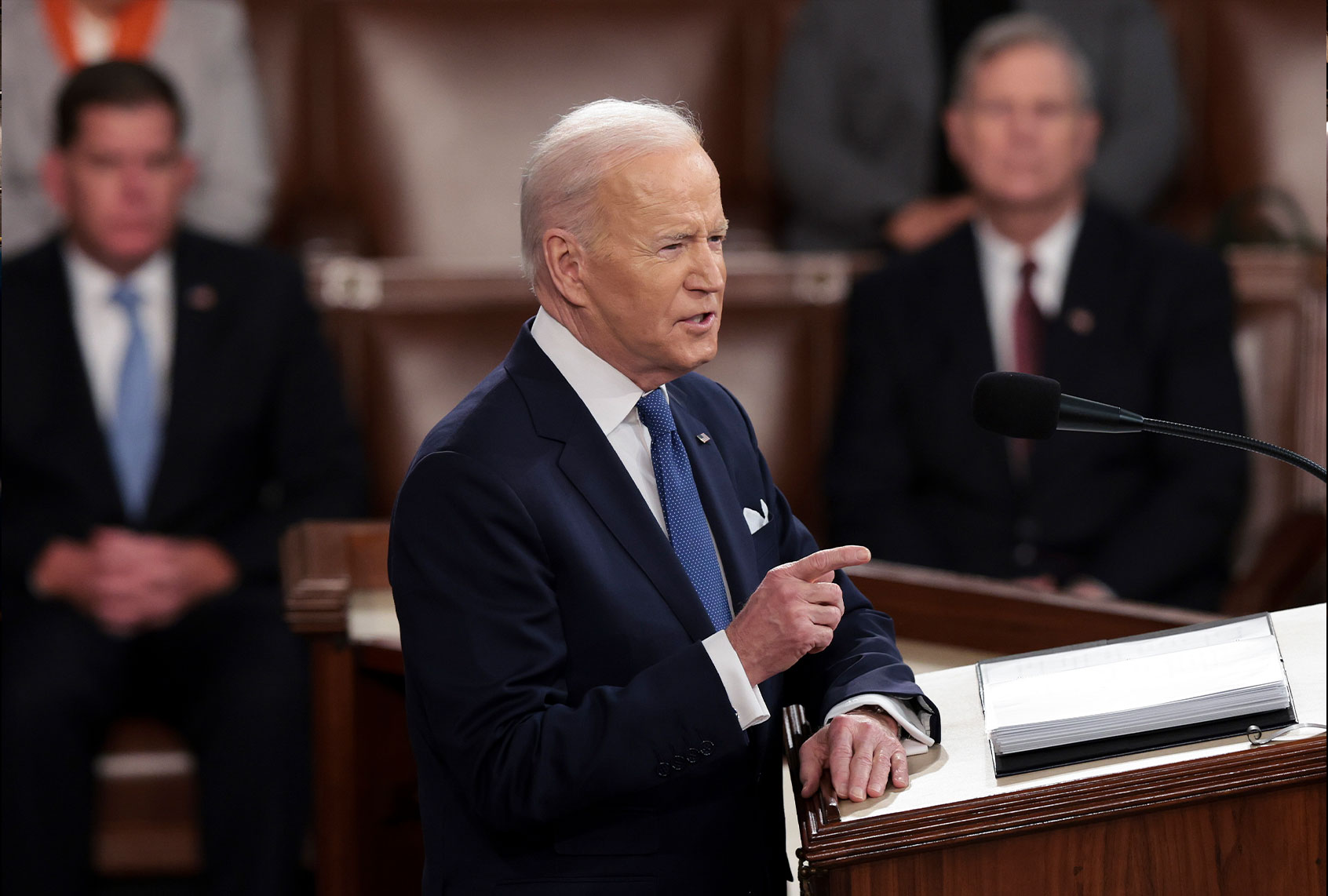As the midterm election season ramps up, the Biden administration wants rural Americans to know it’ll be spending a lot of money to improve health care in rural areas.
It has tasked Agriculture Secretary Tom Vilsack with delivering the message that the covid-19 pandemic exposed long-standing problems with health care infrastructure in remote parts of the country and pushed many rural health providers to the brink.
Vilsack spoke to KHN ahead of an announcement Wednesday that the Agriculture Department has awarded $43 million in grants to 93 rural health care providers and community groups in 22 states. Biden administration Cabinet members are fanning out across the country to promote the benefits of the $1.9 trillion American Rescue Plan Act and a $1.2 trillion infrastructure package to rural Americans.
“The health care industry, particularly in rural places, was stressed by virtue of either not having adequate resources to deal with the virus or having a circumstance where they just didn’t have the capacity in terms of personnel or equipment or materials,” Vilsack said.
Vilsack, who recently tested positive for covid, didn’t travel to Pennsylvania for Wednesday’s announcement. He said his symptoms are mild and he’s continuing to work.
The Biden administration’s push into the American heartland comes as midterm election campaign season gets underway. Leading Democrats have said their party can’t afford to lose more votes from the nation’s core, particularly if they want to maintain control of the evenly divided Senate, where Vice President Kamala Harris can cast tiebreaking votes.
Although urban voters overwhelmingly supported Joe Biden in the 2020 election, rural voters backed Donald Trump 2-to-1, according to the Pew Research Center. In February, Montana Sen. Jon Tester criticized fellow Democrats, saying they didn’t show up enough in Middle America. He even located it for them — “the area between the two mountain ranges, the Appalachians and the Rocky Mountains.” In the high-stakes Senate contest in Pennsylvania, Lt. Gov. John Fetterman, a leading Democratic candidate, told The Associated Press recently that his party can’t afford to ignore voters from rural areas.
Democrats’ rural problems reflect the divide among voters, which intensified during the pandemic as people argued over what covid-related rules they should have to live by. That split can be seen in covid vaccination rates. As of March, urban counties in 46 states had higher covid vaccination rates than their rural counterparts, according to data from the Centers for Disease Control and Prevention.
The Biden administration recently unveiled a “rural playbook” that touts the billions of dollars the infrastructure law will funnel into areas with far-flung resources. Projects include expanding high-speed internet, creating clean drinking water and modern waste systems, spurring good-paying jobs — and, in the case of Wednesday’s Agriculture Department announcement, improving access to health care.
Jeremy Johnson, a political scientist at Carroll College in Helena, Montana, said he doubts the strategy will bring rural voters back to Democrats in the midterms. Montana Democrats made health care a top issue in the 2020 election and still got swept by Republicans in statewide and federal elections.
“It’s good that we’re discussing these issues, but it just seems like our system has evolved to be very combative,” said Johnson, who focuses on health in politics. “If people agree on things, they don’t even talk about it that much.”
Vilsack said the point is improving rural health care, not to score points for Democrats.
“Whether this gains political support or not isn’t the purpose,” Vilsack said. “The purpose of this is to basically say, ‘Look, we want you to know that when this law was written, it was specifically written with rural as well as other parts of the country in mind.'”
The grants announced Wednesday are the first stage of allocations from $475 million set aside for rural health care organizations through the American Rescue Plan Act.
How the money will be used varies from one grantee to the next. In Pittston, Pennsylvania — the site of the Agriculture Department’s announcement of the grants — the Greater Pittston Regional Ambulance Association is using its $226,900 to buy emergency care gear. In Atchison County, Kansas, a hospital will use its $414,800 to replace revenue lost during the pandemic.
In Terry, Montana, a hospital was awarded about $500,000 to upgrade its emergency room. Burt Keltner, CEO of the Prairie County Hospital District, said the critical-access hospital, built in the 1970s, had fallen into disrepair until staff began making upgrades after 2016. Keltner said that after two years of operating at the covid political flashpoint, he’s relieved the hospital is working on a project that goes beyond the pandemic.
“The reality is our community is aging, and it’s not getting younger — people are leaving, people are dying,” Keltner said. “We are what those people are going to need whether they want us or not.”

